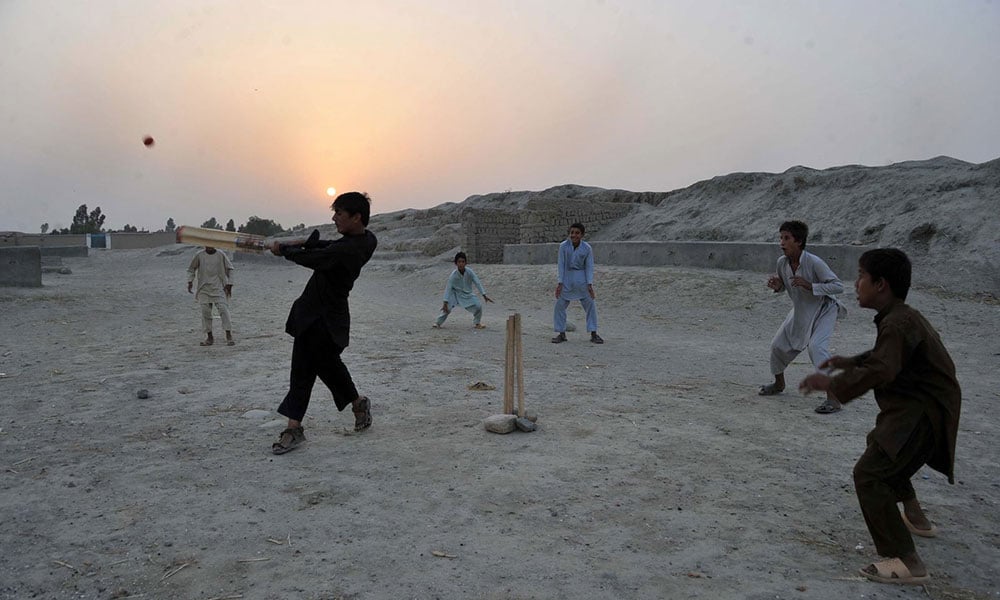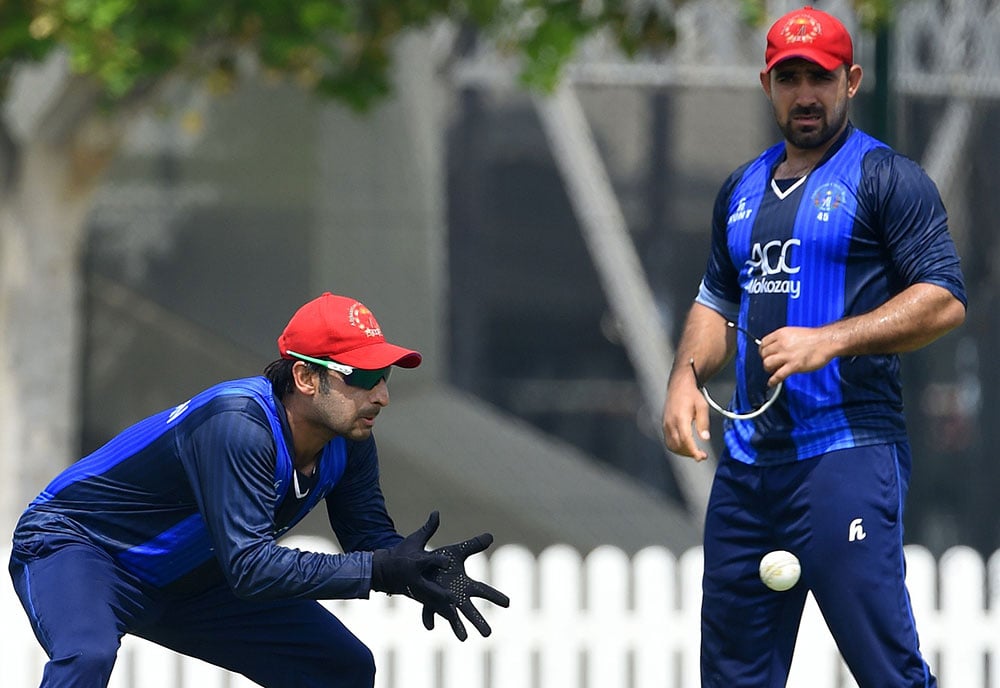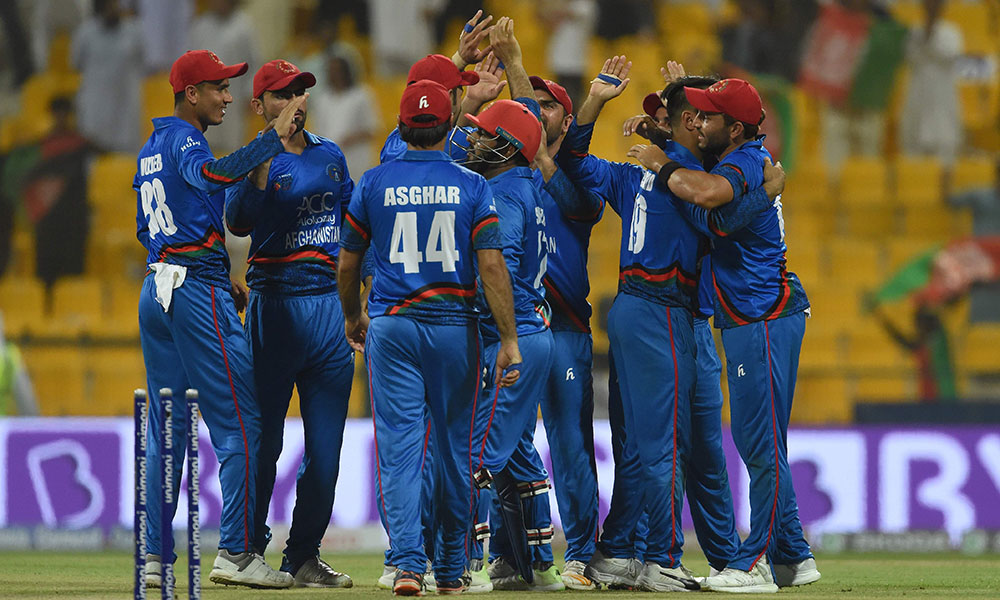When the Taliban took over Kabul in 1996, one of their first orders was to ban many sports, including Buzkashi, the national game. Strict restrictions were placed on the few sports that were allowed to continue. Women were not allowed to watch any live matches and players could not wear shorts or anything that was considered immoral. Applauding in stadiums was not permitted.

Surprisingly, the Taliban regime wanted to promote one sport in particular. And that was cricket. The hard line militia pushed for the Afghanistan Cricket Board (ACB) to be allowed to join the International Cricket Council (ICC). To the relief of the scores of cricket fans in the war-torn country, Afghanistan became an affiliate member of the ICC in 2001.
Although not the national game, cricket is one of the most popular sports among the Afghans. Players would cross into neighbouring Pakistan through the open border and play in local tournaments. In May 2001, the first Afghan national cricket team toured Pakistan officially. Since then, they have moved from strength to strength, culminating in achieving Full Member status on June 22, 2017.
For the Afghan team, the road to the current Asia Cup is strewn with triumphs and heartbreaks.
From winning against Bangladesh in the 2014 edition of the same tournament, to the disappointment of scoring only one victory, against Scotland, in the ICC World Cup 2015, and finally to the successful tour of Ireland this year, the team has been through more than its share of ups and downs. But now, it is ready for the spotlight.

Take a trip to Afghanistan and it is fairly common to spot young men playing cricket in the streets, fields, or any open piece of land that they can find. The passion is there, but infrastructure and support is not.
Without facilities, grounds and local coaches, young players become used to the quick tennis ball. This is a great advantage for T20 cricket, because the runs pile on fast. But when faced with the red test ball, even the most promising player falters. Coaches have a tough time correcting their technique. This shows up in their batting line up, when more than skill, the players depend on luck to carry them through. And so, the Afghan team faces difficulties in the longer formats of the game.
Despite all these complications, the Afghanistan captain, Asghar Afghan, was confident of his team's prospects at the beginning of the Asia Cup. Afghan media and public were eager too for the Asia Cup to begin. They could smell blood.

Sri Lanka, former world champions and conquerors of many a powerful team, were at a low point. Most senior players had retired, and the spectre of Lasith Malinga was no longer as fearsome as it once was. Afghanistan on the other hand, was fresh off a successful tour in which they played on fast tracks. The slower pitches of United Arab Emirates would be a cakewalk. It was time to make the world sit up and take notice. They had to pull through, just this once. And they did, in spectacular fashion.
On September 17, 2018, Afghanistan trounced Sri Lanka by 91 runs. The message was loud and clear. Beware! There is a new challenger in town.
Razzaq is studying journalism at Coventry University.


